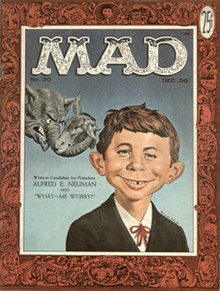vajon
rájössz-e, melyik szó hiányzik? ami a fordítást illeti: ha meg
tudod oldani azt, hogy „az állampolgáré”, akkor te tán erősen
haladó vagy-e, vagy akkor hogy-hogy nem tudod megoldani?... :)
segítség a nyelvtanhoz:
* összehasonlítás és fokozás_mondatok
* helyettesítő szerkezetek_mondatok
Wikipedia:
Citizenship of the European Union was introduced by the Maastricht Treaty, which was signed in 1992, and has been in force since 1993. European Union citizenship is additional to national citizenship and affords rights such as the right to vote in European elections, the right to free movement, settlement and employment across the EU, and the right to consular protection by other EU states' embassies when a person's country of citizenship does not maintain an embassy or a consulate in the country in which they require protection....
...Historically, the main benefit of being a citizen of an EU country has been that of free movement. The free movement also applies to the citizens of European Economic Area countries and Switzerland. However, with the creation of EU citizenship, certain political rights came into being. The Treaty on the Functioning of the European Union provides for citizens to be "directly represented at Union level in the European Parliament" and "to participate in the democratic life of the Union" (Treaty on the European Union, Title II, Article 10). Specifically, the following rights are afforded:
Political rights
- Voting in European elections: a right to vote and stand in elections to the European Parliament, in any EU member state (Article 22)
- Voting in municipal elections: a right to vote and stand in local elections in an EU state other than their own, under the same conditions as the nationals of that state (Article 22)
- Accessing European government documents: a right to access to European Parliament, Council, and Commission documents (Article 15).
- Language rights: the right to apply to the EU institutions in one of the official languages and to receive a reply in that same language (Article 24).
Rights of free movement
- Right to free movement and residence: a right of free movement and residence throughout the Union and the right to work in any position (including national civil services with the exception of those posts in the public sector that involve the exercise of powers conferred by public law and the safeguard of general interests of the State or local authorities (Article 21) for which however there is no one single definition);
- Freedom from discrimination on nationality: a right not to be discriminated against on grounds of nationality within the scope of application of the Treaty (Article 18);
Rights abroad
- Right to consular protection: a right to protection by the diplomatic or consular authorities of other Member States when in a non-EU Member State, if there are no diplomatic or consular authorities from the citizen's own state (Article 23): this is due to the fact that not all member states maintain embassies in every country in the world (14 countries have only one embassy from an EU state).



